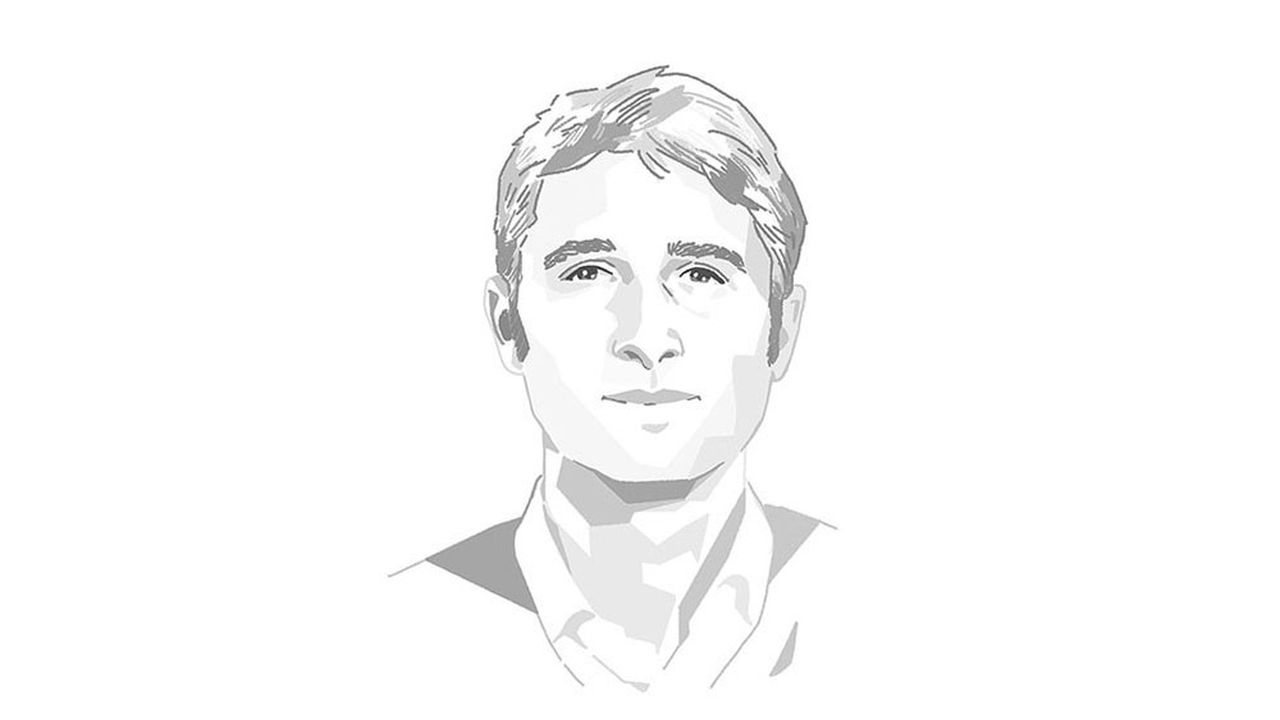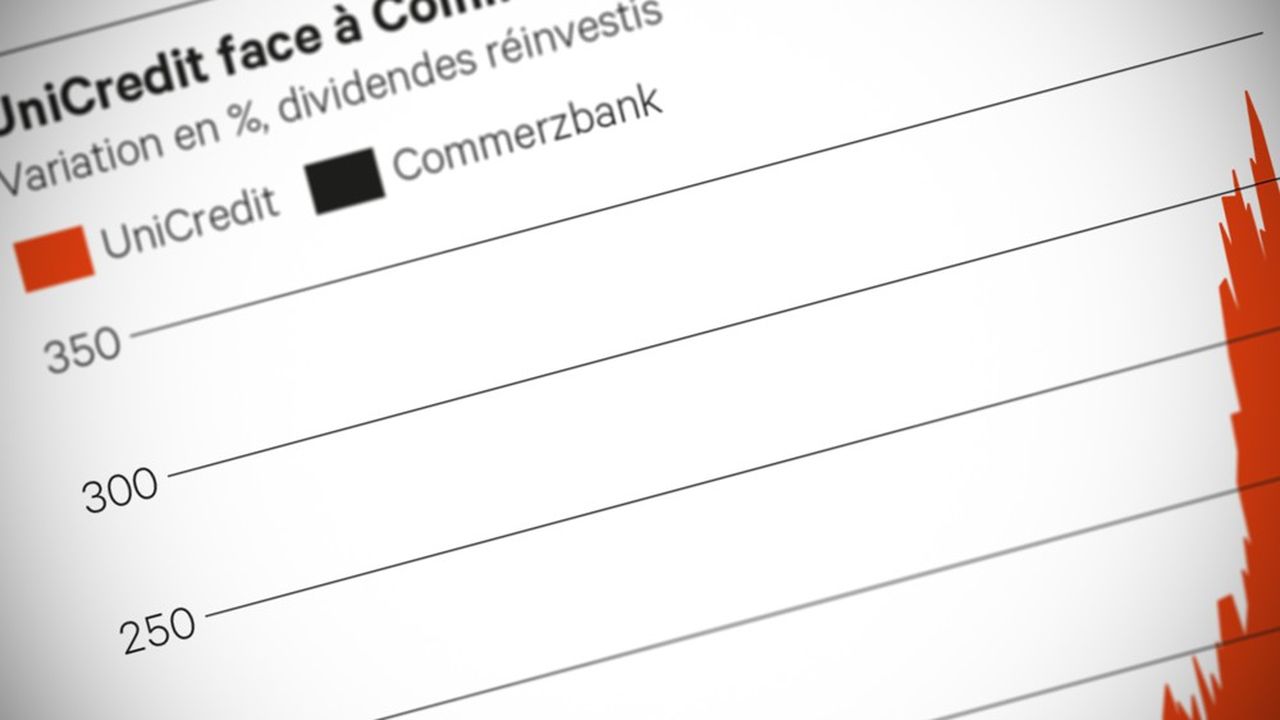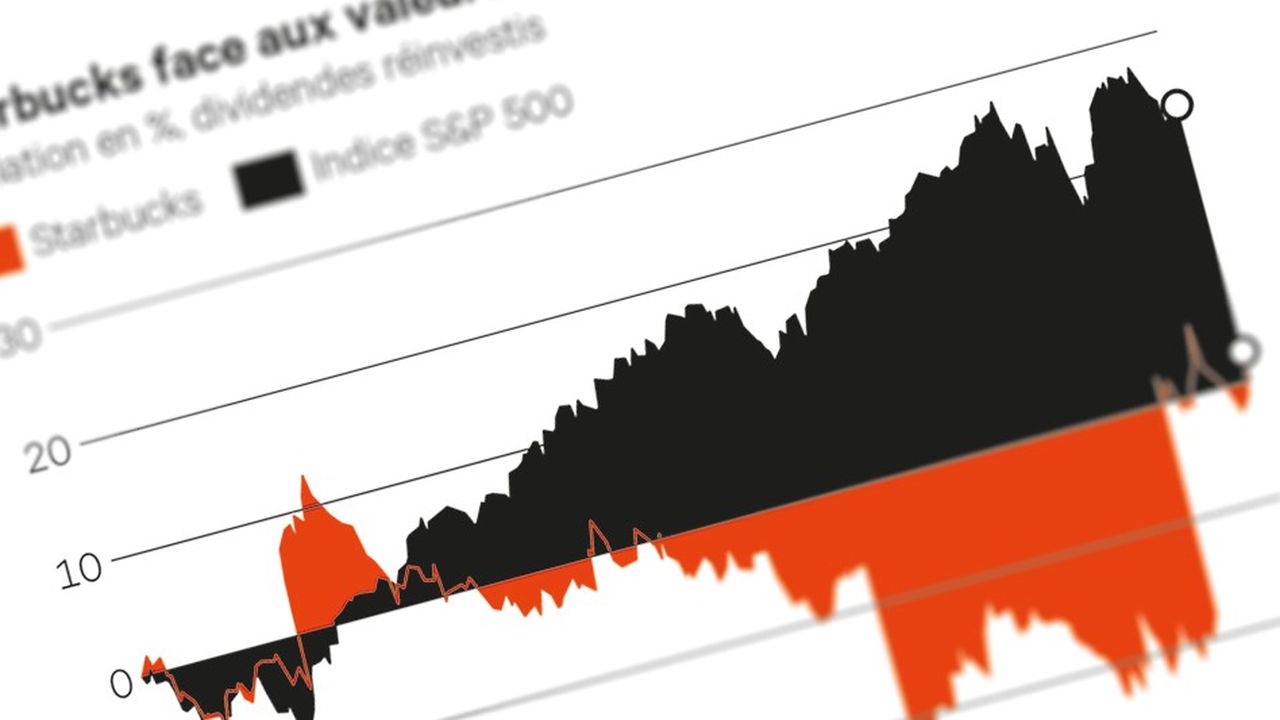
Even if economic growth reaches 0.3% in the third quarter thanks to an “Olympic Games effect”, it will only marginally exceed its average of 1.15% over the period 2001-2024 in 2024. However, with public spending at 57% of GDP in 2024, i.e. 8.5 GDP points more than the average public spending in the eurozone excluding France, the country must grow at 2% or 2.15% per year to compensate for the braking effect of administrative burden and create high value-added industrial or service jobs that command high salaries.
The French are demanding increases in purchasing power that can only come from increasing labor productivity or increasing the quantity of work provided. France is also struck by the “disease” of the double deficit: an external deficit that impoverishes the country and a gigantic public deficit financing bloated social spending: 33.5% of GDP, or 7 GDP points more than the average social spending of other countries in the Eurozone.
Supply problem
All these elements lead to a diagnosis that is as obvious as it is violent in its nature and effects: France has a gigantic supply problem, a supply of mid-range goods and services that is not very competitive outside of a few sectors of excellence (defense, aeronautics, luxury goods, industrial services, and, to a lesser extent, chemistry, pharmaceuticals, agri-food). In fact, we do not sell enough high-end manufactured goods to compensate for our imports of energy and manufactured goods.
This diagnosis, which would have been not only shared but defended by Keynes, should lead to encouraging the growth of competitive and exporting companies, to reducing the non-conditional social expenditure currently poured onto people able to work, to raising the retirement age beyond 64 to increase the supply capacity, and to reducing taxes on entrepreneurs and qualified people who raise the quality of supply.
Keynes clearly explains that public spending is useful when macroeconomic demand is lower than supply, but that stimulating social spending and reducing supply capacity – by lowering the retirement age, by sharply increasing the minimum wage which is more than 60% of the average wage in France while the OECD recommends limiting it to 50% of the average wage to accelerate the integration of young and less qualified people, and by massively taxing wealth creators presented in France as vicious hoarders while they are deified in the Anglo-Saxon and Germanic worlds but also in Italy – when demand is higher than competitive supply is suicidal.
Keynes would disapprove
Far from limiting himself to the IS-LM multiplier in a closed economy, Keynes developed, in two chapters of the “General Theory”, a powerful theoretical reflection on the role of the risk-taking entrepreneur in an uncertain universe and open economy which is continually ignored by the French elites brought up on a sub-Keynesianism of the civil service in a closed economy.
Keynes would be horrified to see the level of reflection on France’s economic and social policy since the 35-hour law in 2000, the massive tax increases of Sarkozy’s last year in 2011, and the supposedly anti-rich policies of Hollande, Mélenchon and his cronies that in reality target entrepreneurs and innovators. A policy that brings in the votes of all those who are supposedly being heated with wood from the branch on which the people are sitting.
The increase in purchasing power can only come from work, productivity and innovation through risk-taking in an uncertain universe. How long will Keynes’ thinking be ridiculed in France?










